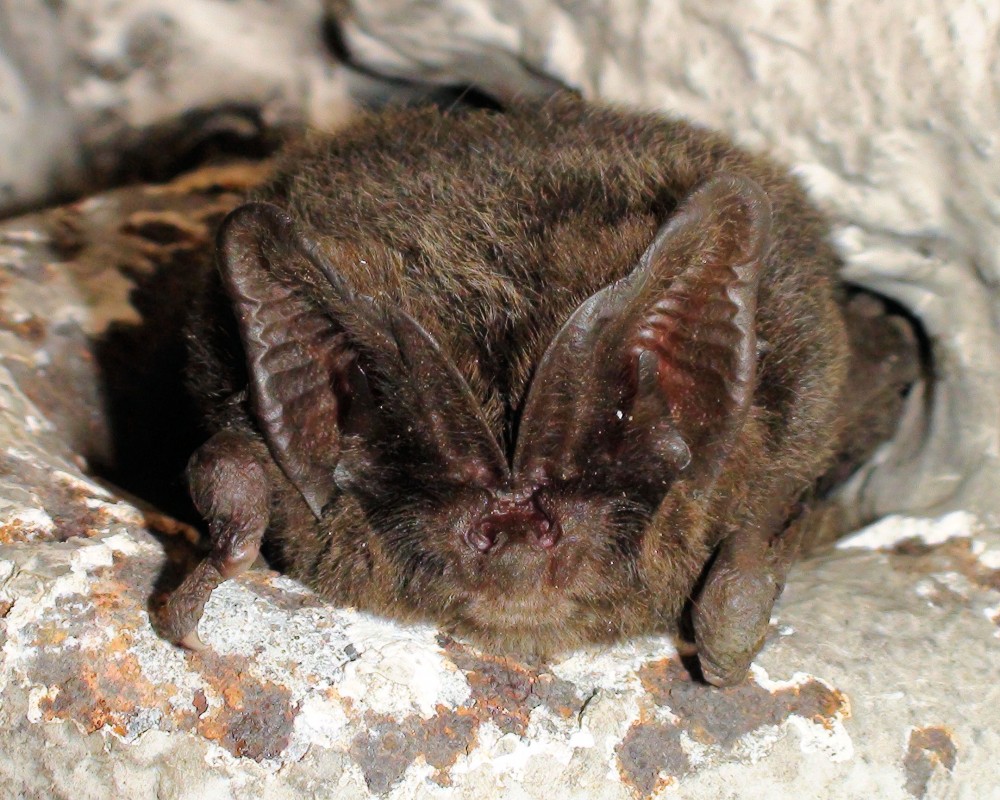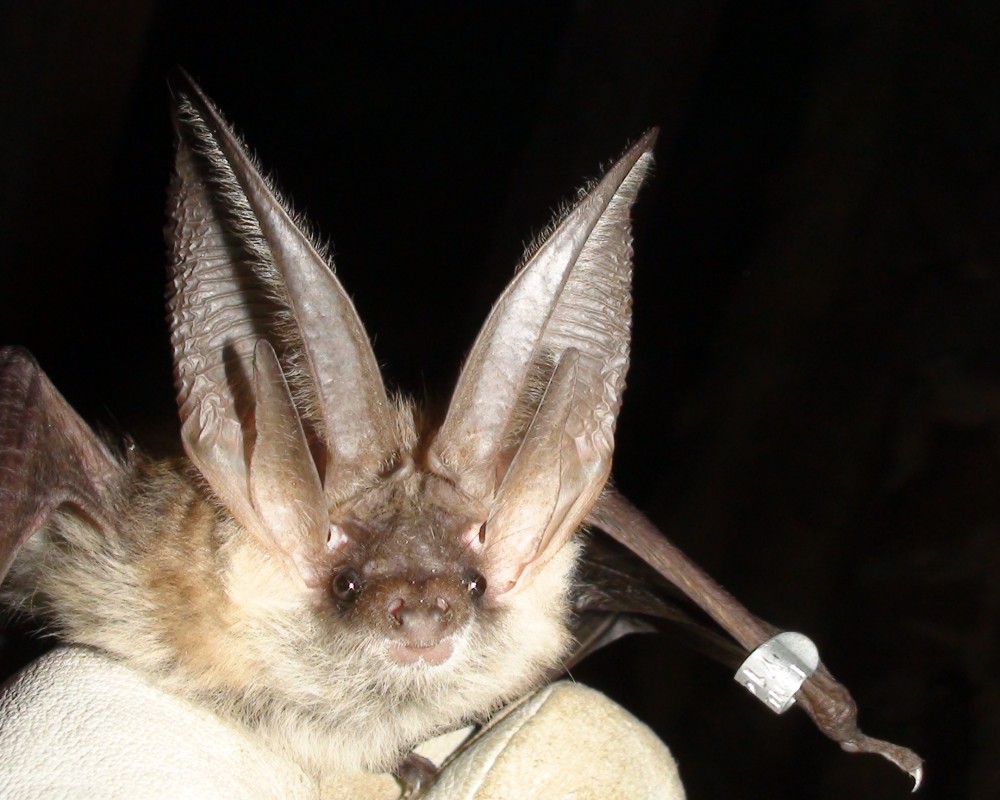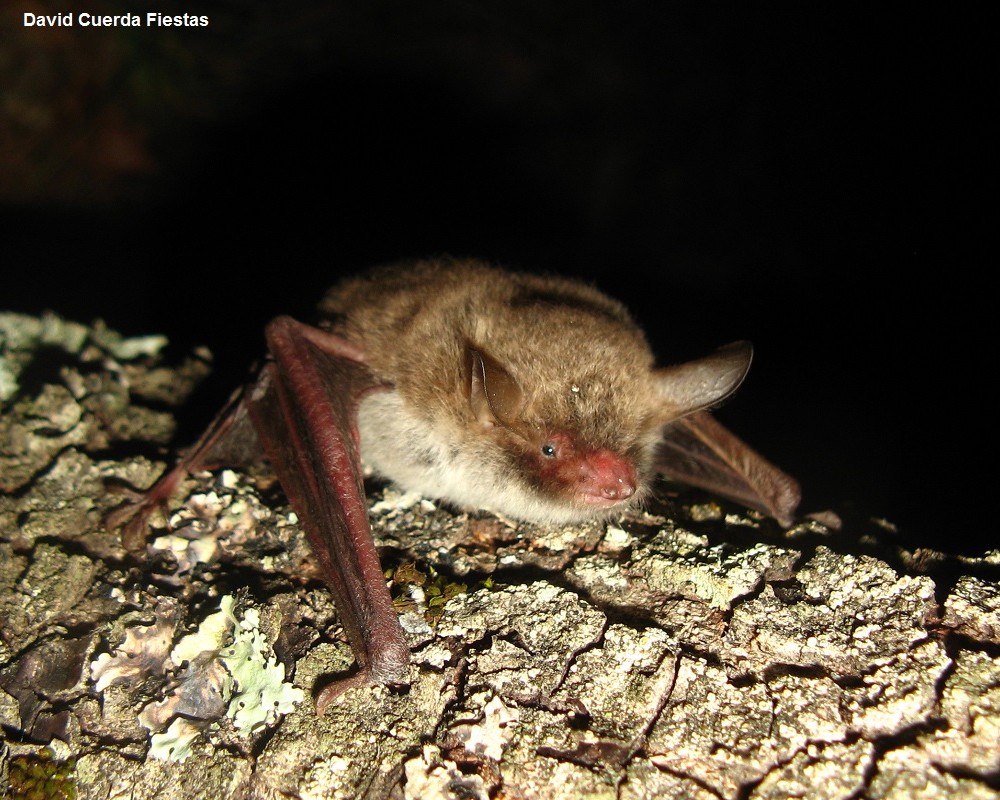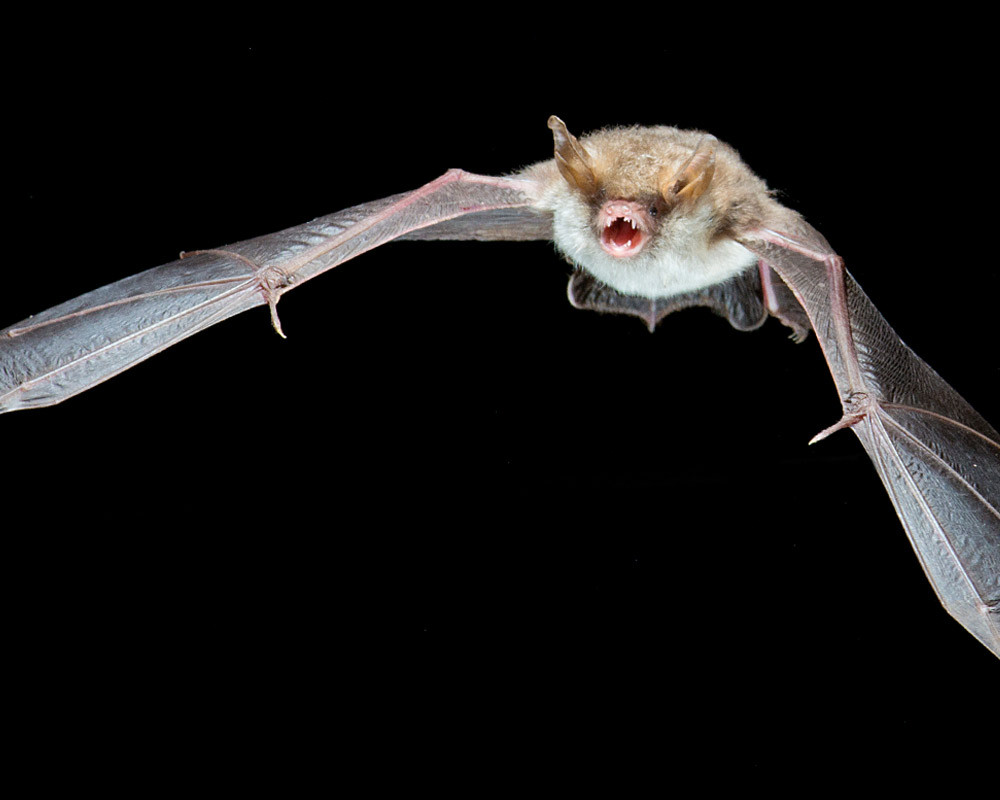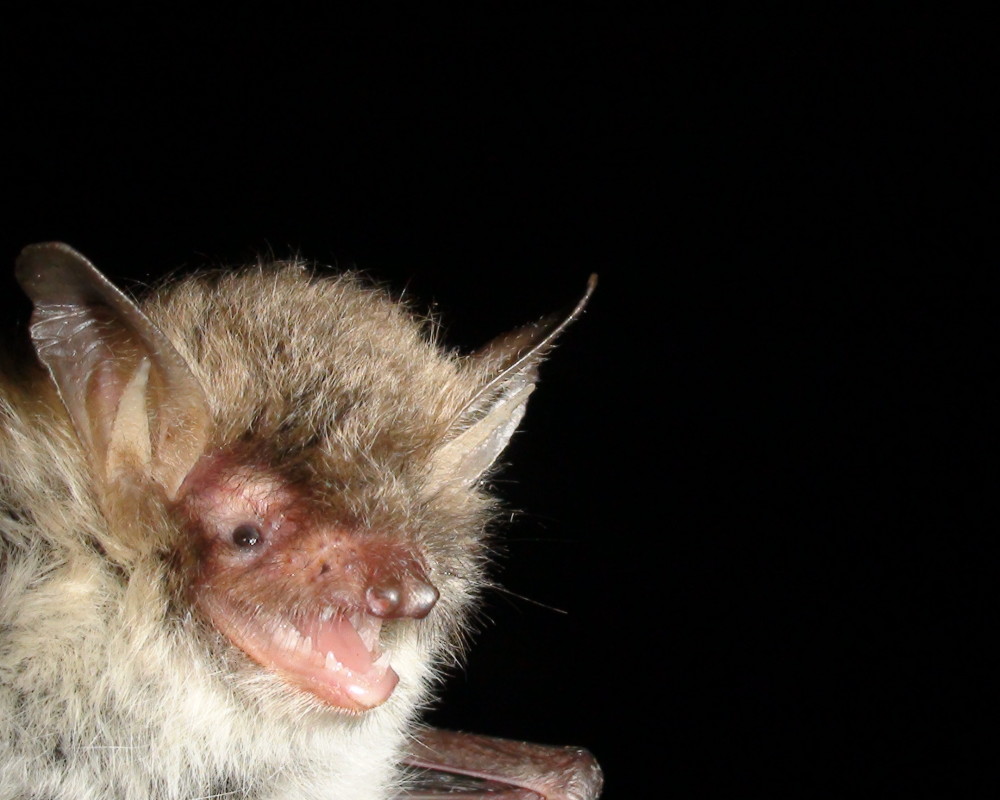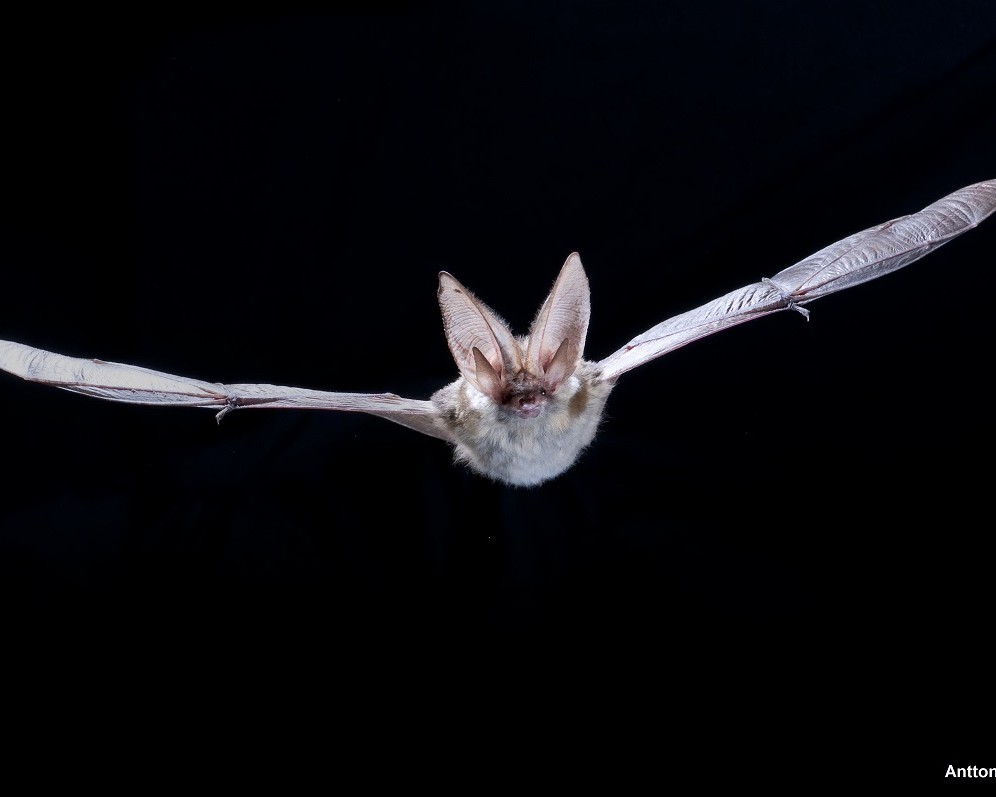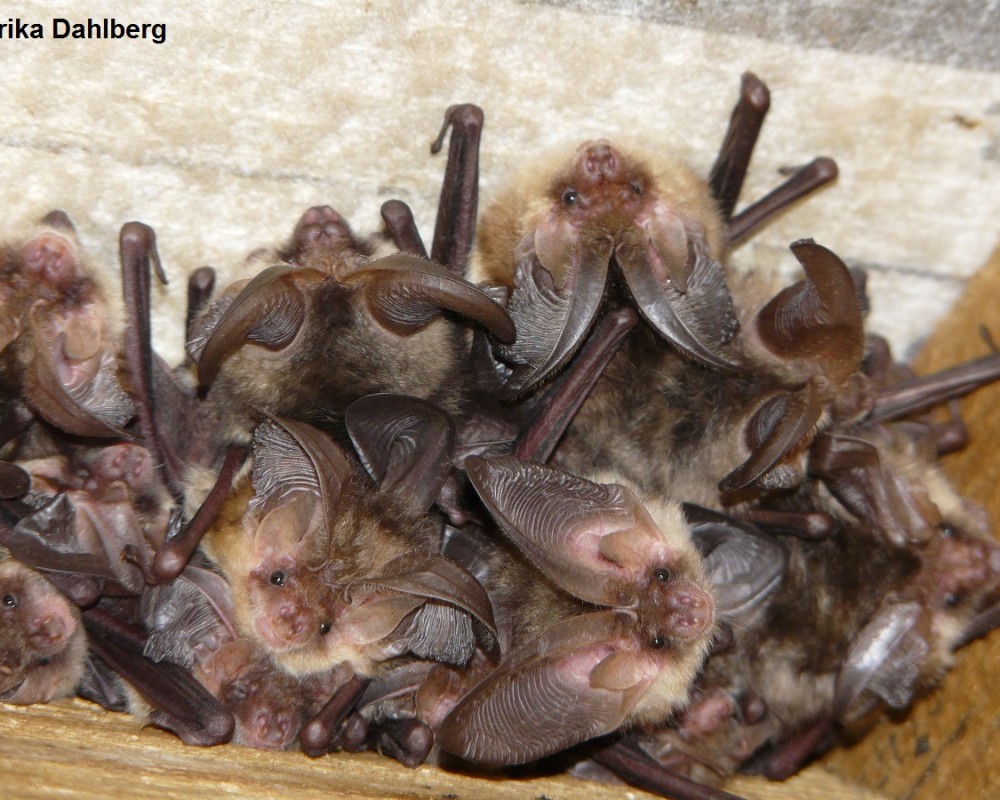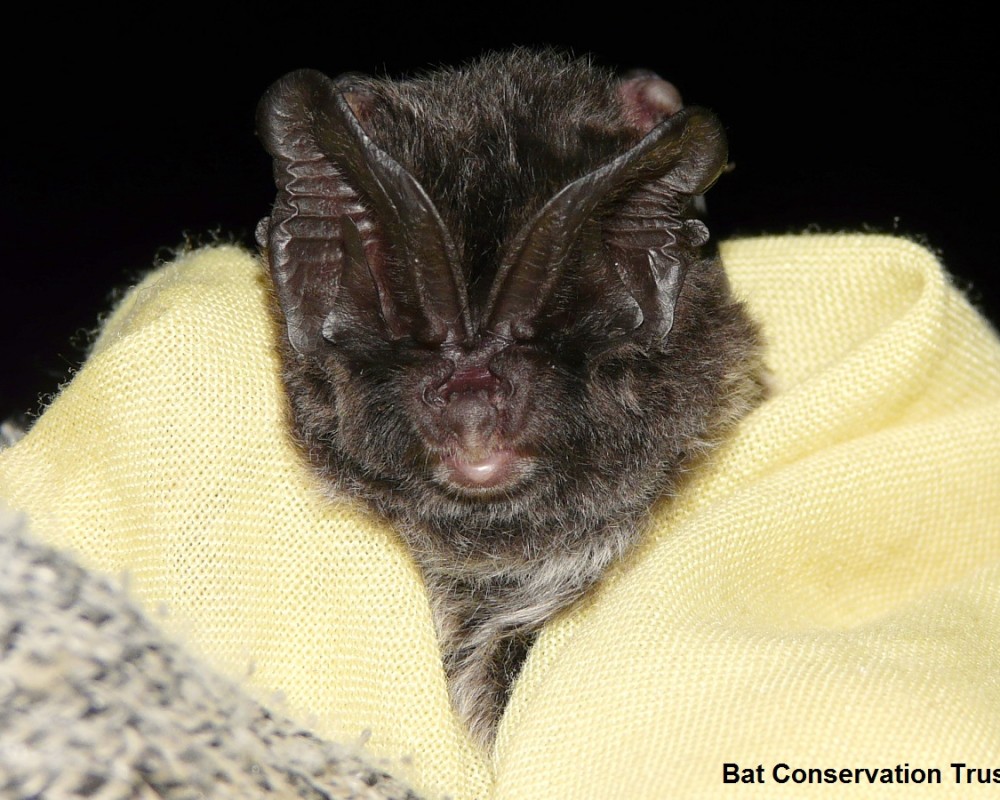PhD Studentship, Sep 2016, University of Southampton
Investigating the role of ecological interactions in shaping species distributions and range shifts under climate change
Supervisors:
Dr Orly Razgour (University of Bristol / University of Southampton)
Prof Justin Travis (University of Aberdeen)
Dr Javier Juste (Estación Biológica de Doñana, CSIC, Spain)
Project Summary
A major scientific challenge this century is to understand how biodiversity will respond to global climate change in face of anthropogenic habitat loss. Although mounting evidence shows that many species have already responded by shifting their ranges and changing phenotypes, genotypes and phenology, individual species’ responses are variable, suggesting that other factors may also play a role. Predictive species distribution modelling offers an effective tool for forecasting how future climate change may alter global species diversity and distributions. However, commonly used approaches have been criticised for being over-simplistic and failing to integrate key ecological and evolutionary processes that shape species ranges and community structure, like interspecific ecological interactions and dispersal1.
This project will integrate methodologies from the fields of ecology, mathematical modelling and molecular biology to study the role of ecological interactions in limiting species distributions, and how they can be incorporated into predictive modelling.
We are looking for a highly-motivated candidate with a good background in statistics, modelling and GIS, and experience in ecological fieldwork. The PhD candidate will:
1. Study fine-scale mechanisms of resource partitioning of habitat, space, and diet, using molecular tools to construct ecological interaction networks and fine-scale spatial modelling.
2. Develop methods for incorporating interspecific interactions, from competition to predator-prey interactions, in predictive species distribution models based on current and future climatic conditions.
3. Model multi-species range shifts under future climate change using individual-based demographic models, taking into account species-specific movement patterns across the landscape and interactions between species.
This project will use sympatric cryptic bat species complexes from across the world as case studies. Bats are important ecosystem components and providers of diverse ecosystem services. They are predicted to experience distributional shifts and range contractions due to future climate change, which can result in considerable losses of genetic diversity, compromising the evolutionary potential of some species2. This project includes fieldwork in the Iberian Peninsula, where the effects of future climate change are predicted to be particularly severe, to study fine-scale mechanisms of niche partitioning between the recently confirmed endemic bat species of the Myotis nattereri species complex.
This project will advance our understanding of ecological interactions and provide novel modelling tools to study the effects of future climate change on biodiversity. It includes training opportunities in GIS, spatial statistics, ecological modelling, molecular ecology and ecological fieldwork techniques.
[1] Thuiller et al. (2013) Ecology Letters 16: 94-105 [2] Razgour et al. (2013) Ecology Letters 16: 1258-1266Roblehondo


